Rising designers push boundaries in their quest for a sustainable future
DMatters December 2022 Issue
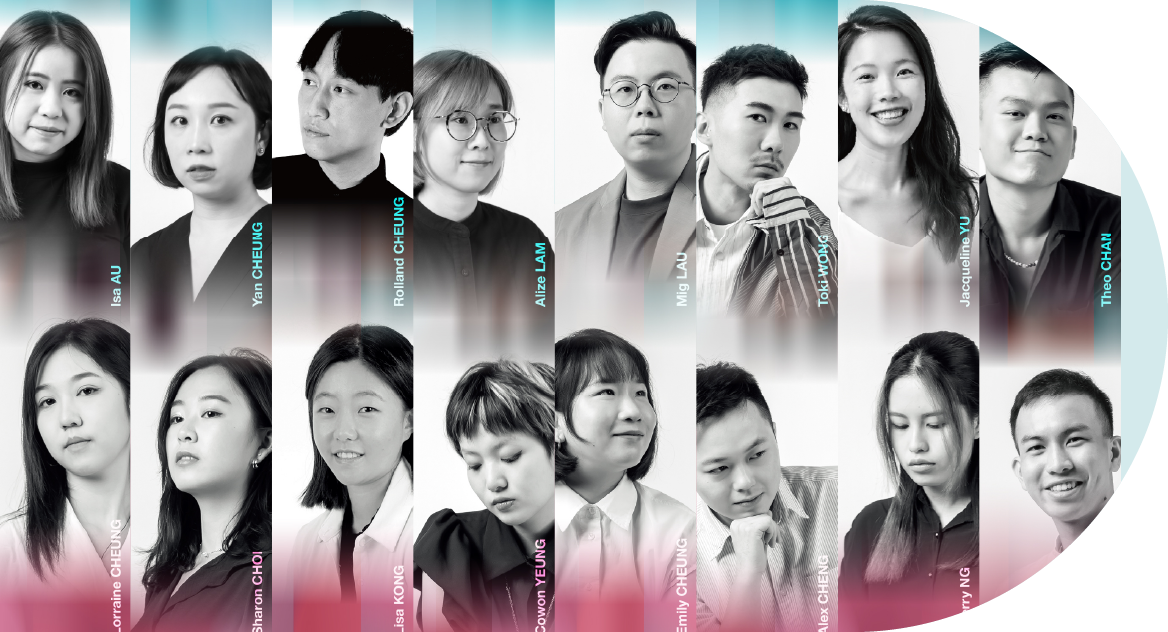
Can design make the world a better place? Just look at the works of our newly announced DFA Awards 2022 winners. From hand-knitted bird nests, smart city prototypes to reviving disappearing crafts, their projects are committed to making significant contributions to the betterment of society, sparking social change to shape a brighter future.
The DFA Hong Kong Young Design Talent Award (DFA HKYDTA), one of the five award programmes of DFA Awards which celebrates design leadership and excellence, was created specifically for recognising the talent of emerging homegrown design practitioners and graduates. These young talents not only demonstrate strong design vision and expertise, but keep the mission of serving society at heart. Let's talk to three of the 16 honorees to find out more about their creative journey, key projects, views on sustainability, and overseas plan for honing their talent.
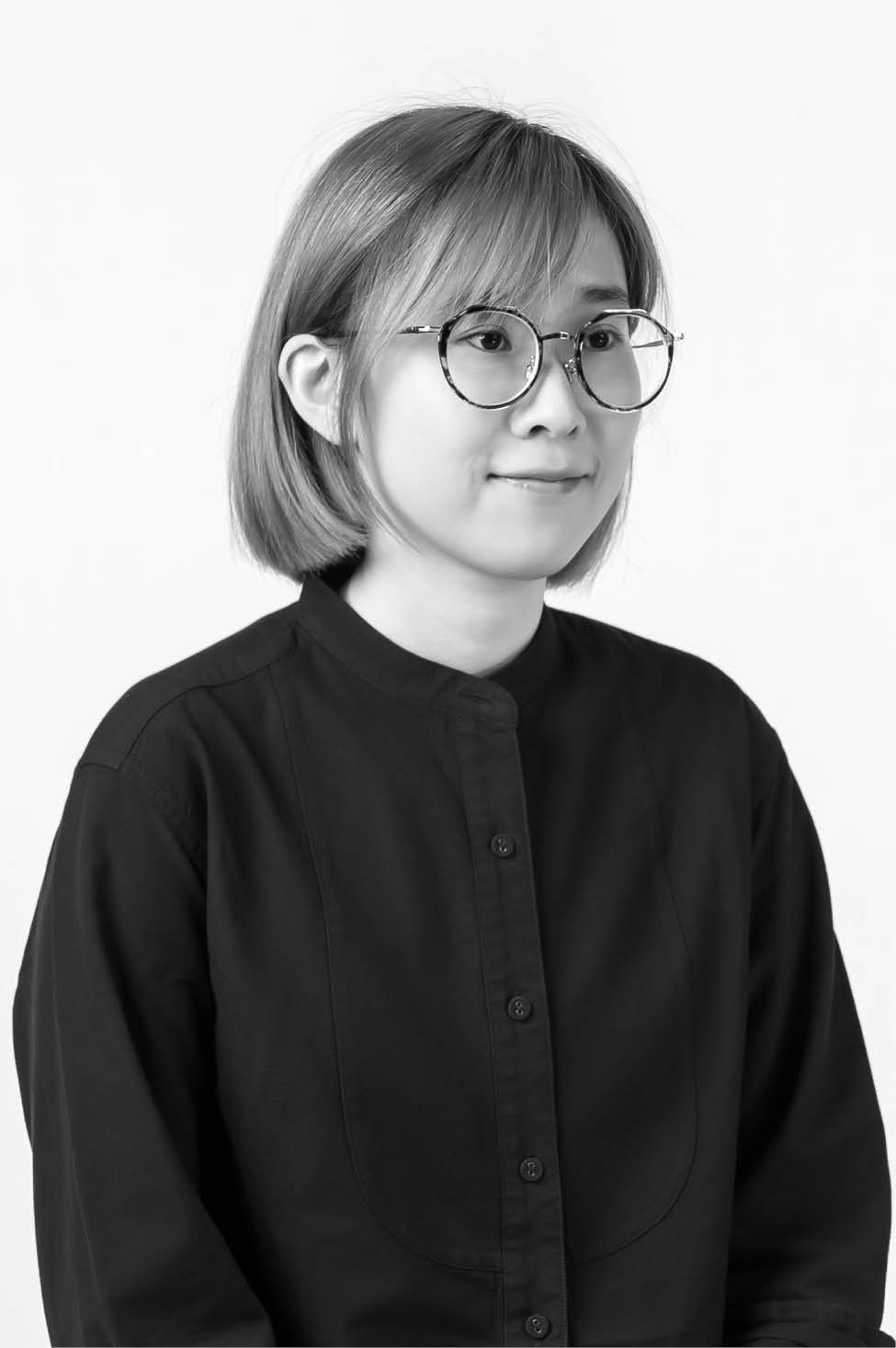
The turning point in Alize’s career came when she witnessed the toll of overproduction and overconsumption during her days in the fashion industry. Now as a product designer, she finds joy in upcycling. ‘Winebox Accordion’, her first self-assembled musical instrument and a collaboration with local sheltered workshops, transforms discarded winebox wood into accordions, with the goal of changing the public’s perception on waste. In another project with Kadoorie Farm, she designed a simplified version of a ‘T-shirt Knitting Machine’ to upcycle old tees into hand-knitted bird nests. Baby birds could then recuperate from injuries comfortably in soft shelters.
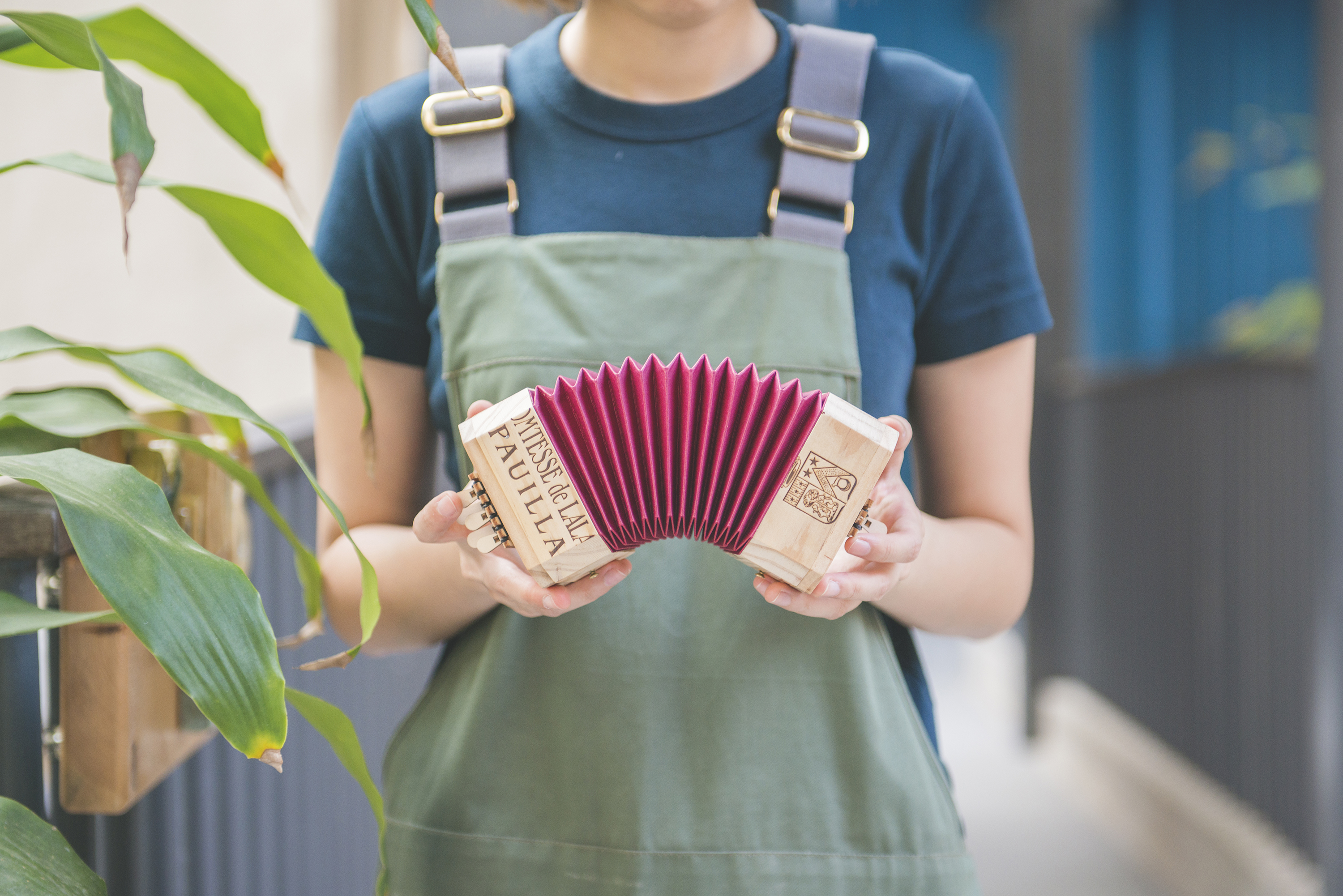 Alize collaborated with local sheltered workshops to turn discarded winebox wood into a musical instrument.
Alize collaborated with local sheltered workshops to turn discarded winebox wood into a musical instrument.
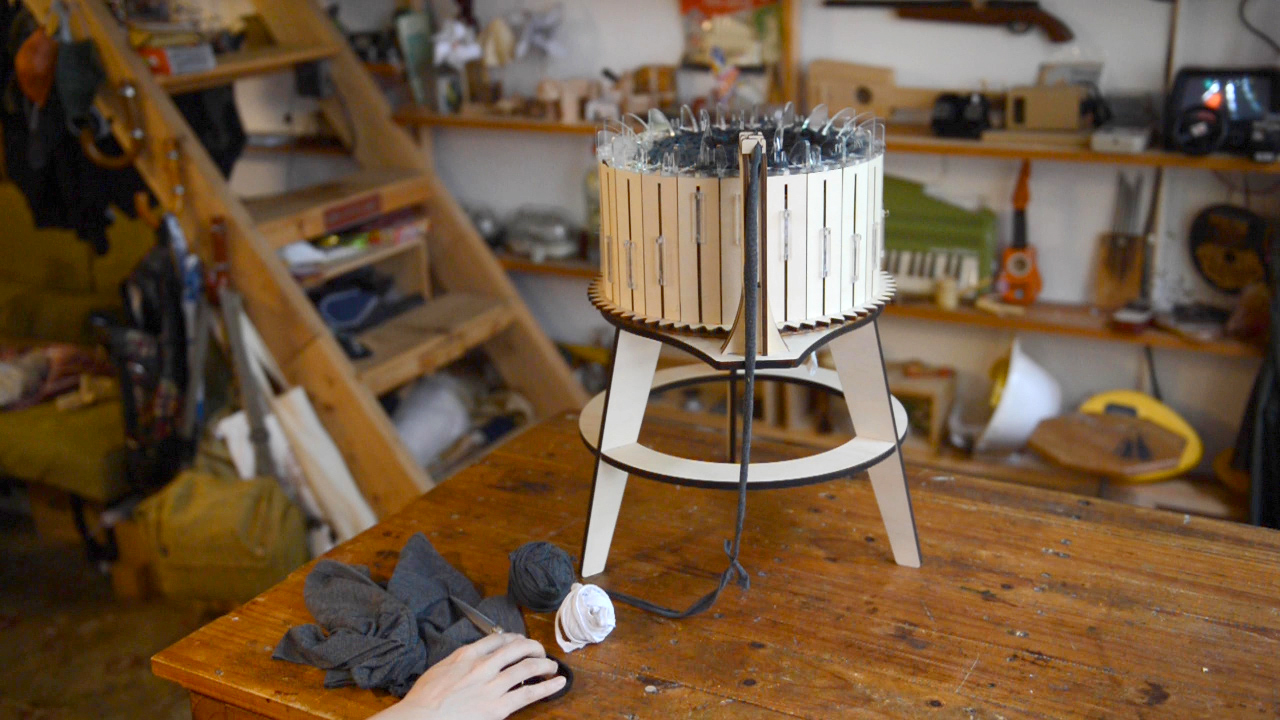 ‘T-shirt Knitting Machine’ helps transform upcycled tees into hand-knitted bird nests.
‘T-shirt Knitting Machine’ helps transform upcycled tees into hand-knitted bird nests.
To drive sustainability at scale, Alize thinks it is wise to start out small. ‘Small-scale projects are often used as pilots to convince corporations to launch initiatives on a bigger scale, where the most impact can be made.’ She is planning her journey to the Netherlands with her award sponsorship, a country well-known for its innovative design and restoration craftsmanship. She hopes to bring fresh perspectives back to Hong Kong in the pursuit of sustainable development.
Small-scale projects are often used as pilots to convince corporations to launch initiatives on a bigger scale, where the most impact can be made.
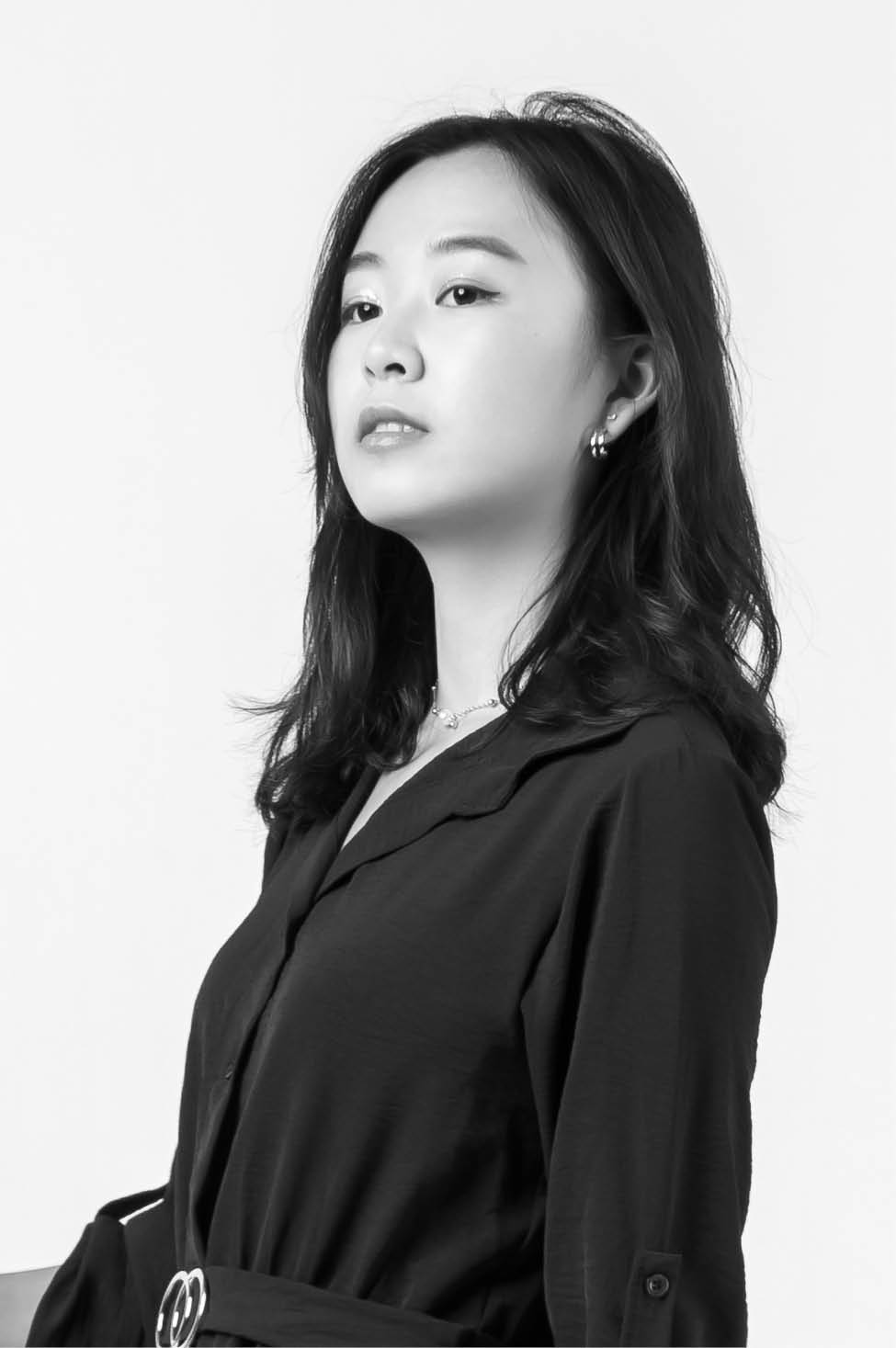
Reflections on life's many paradoxes amid the pandemic urged Sharon to look at the deeper meaning of design. She believes design is more than aesthetics, and is actually a tool to serve – and connect with the community. ‘Designers can act as interdisciplinary integrators and facilitators, taking into account the needs and values of different stakeholders.’ To bring her vision to life, she and students from the Hong Kong Polytechnic University co-organised the ‘CirKularity’ exhibition with K11 where the team breathed new life into the recyclable materials donated by mall tenants to test a circular business economy model. The ‘ANSA: Future Work and Life’, another project by Sharon, prototypes a smart future experimental city mechanism for the San Tin/Lok Ma Chau Development node, accommodating work and leisure activities and offering better autonomy, flexibility and closer human connection to its inhabitants.
Designers can act as interdisciplinary integrators and facilitators, taking into account the needs and values of different stakeholders.
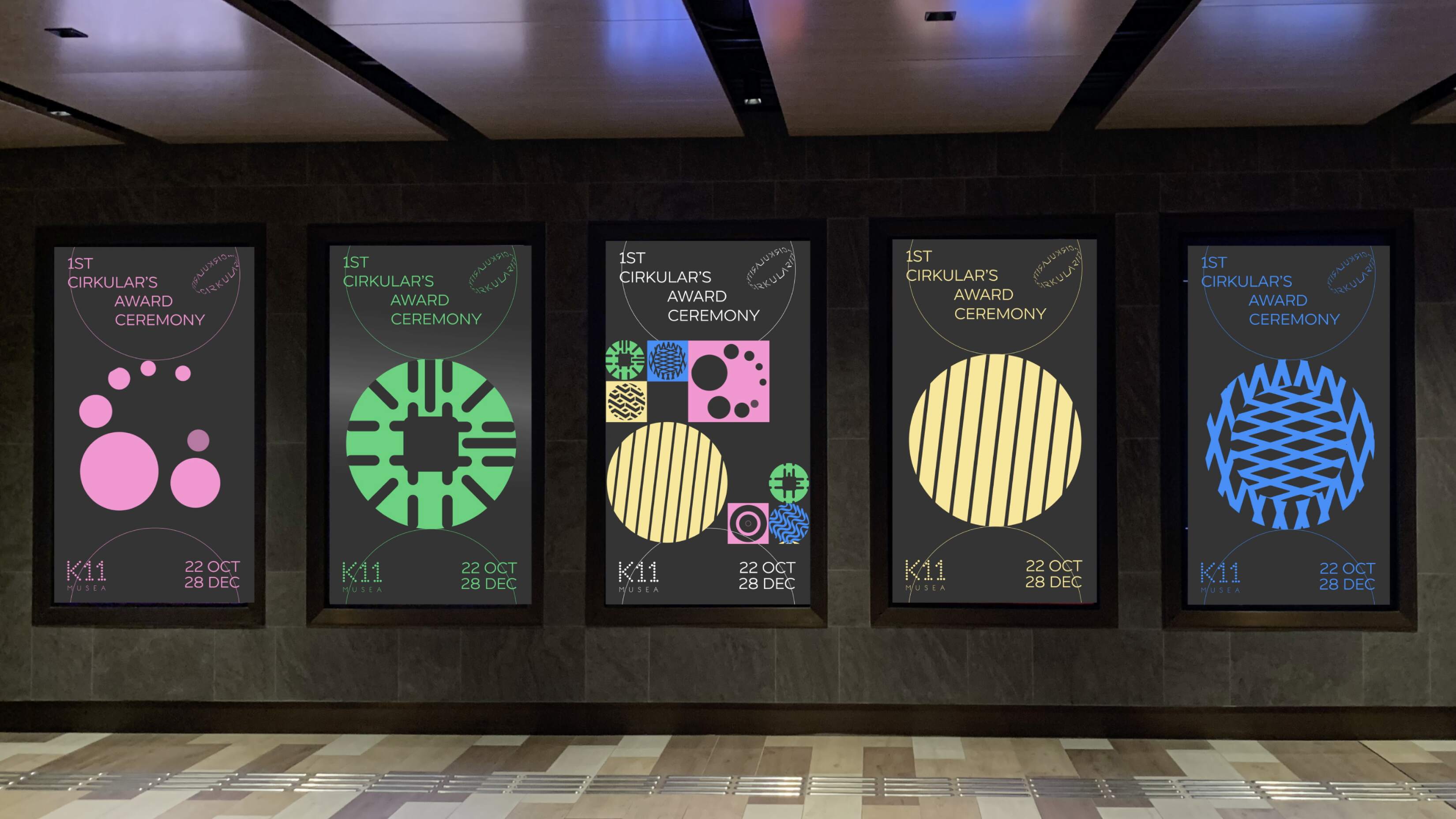 ‘Circularity’ is an exhibition co-organised by Sharon, student team from the Hong Kong Polytechnic University and K11 that aims to promote sustainability through art and innovation.
‘Circularity’ is an exhibition co-organised by Sharon, student team from the Hong Kong Polytechnic University and K11 that aims to promote sustainability through art and innovation.
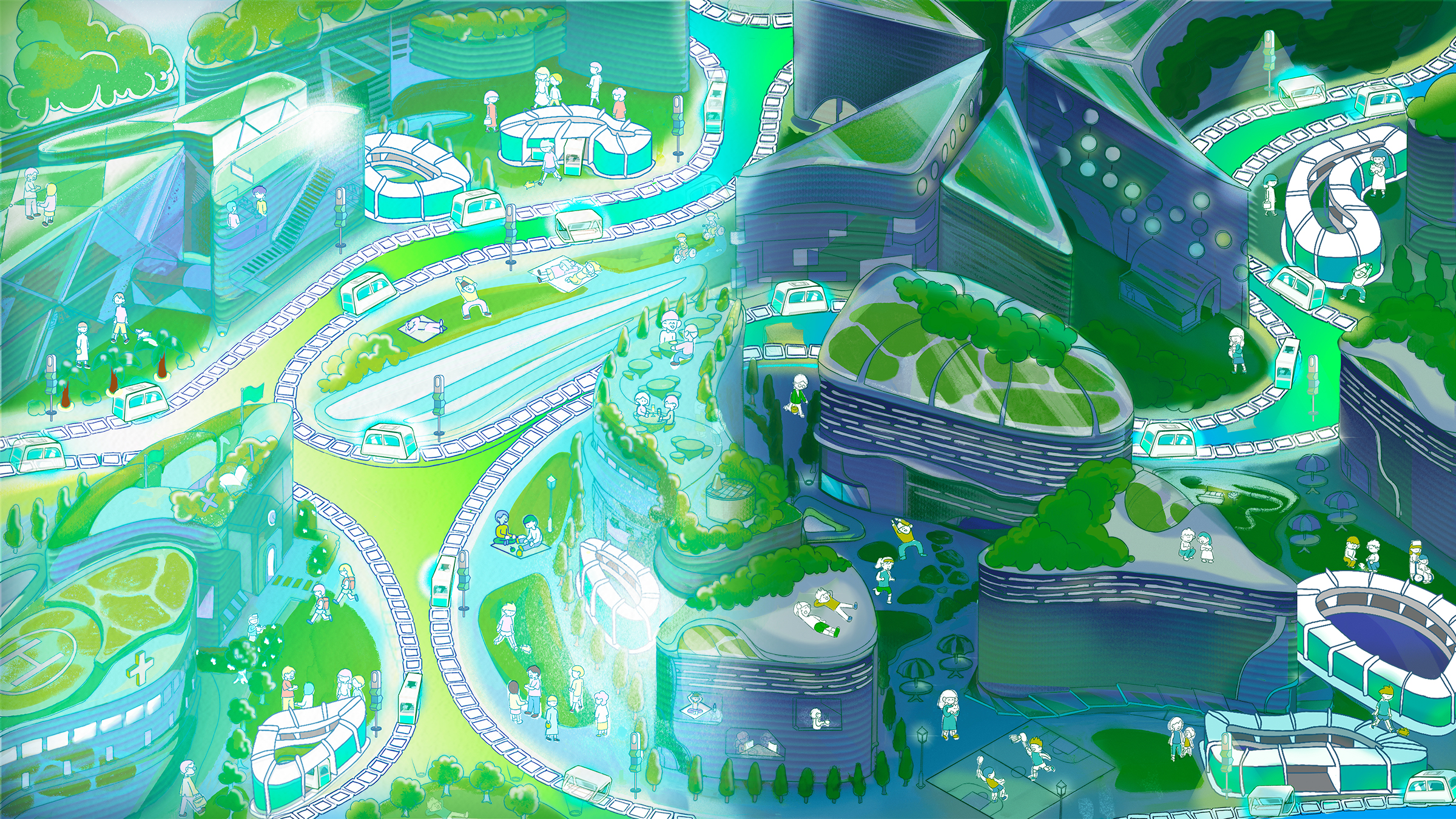 The ‘ANSA: Future Work and Life’ prototypes a smart future experimental city mechanism for the San Tin/Lok Ma Chau Development node.
The ‘ANSA: Future Work and Life’ prototypes a smart future experimental city mechanism for the San Tin/Lok Ma Chau Development node.
As a communication designer, Sharon plans to gain overseas experience working in Digital and User Experience Design. This would enable her to support Hong Kong's urban identity and museum industry development with enhanced user research techniques and more striking visual identities.
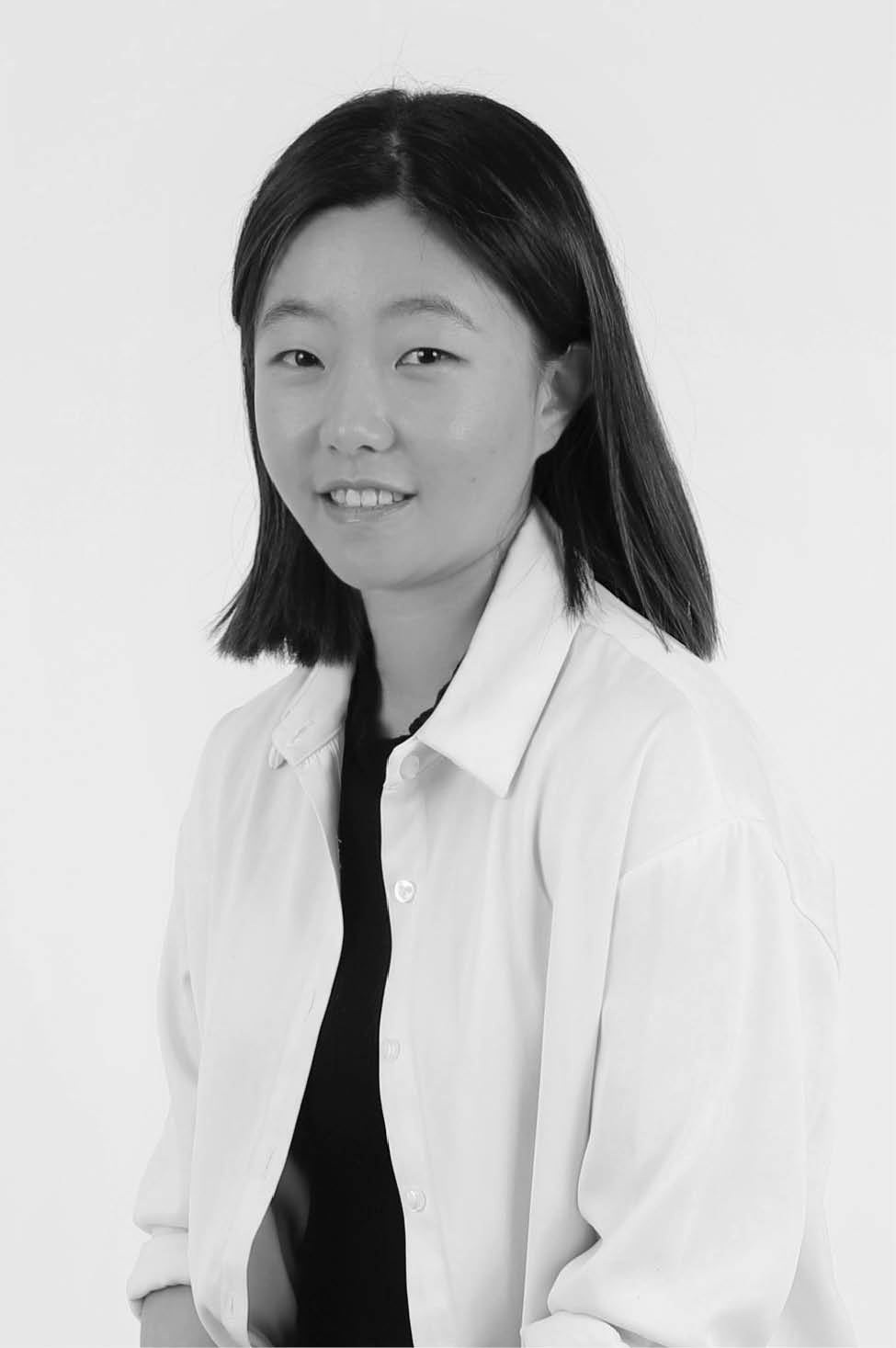
In the face of a climate crisis, Lisa feels the responsibility ‘to tell radical stories of hope and to imagine new possibilities on how we should live to build a sustainable, future-facing global city.’ As an environmental designer, she has a passion for innovative material design. Seeing the shortage of silica in meeting the demands of the glass industry, she worked with scientists to repurpose waste materials from a river to produce ‘Diatom Glass’, a new bio-glass suitable for decorative interior fittings and can be used by glassblowers.
Designers have the responsibility tell radical stories of hope and to imagine new possibilities on how we should live to build a sustainable, future-facing global city.
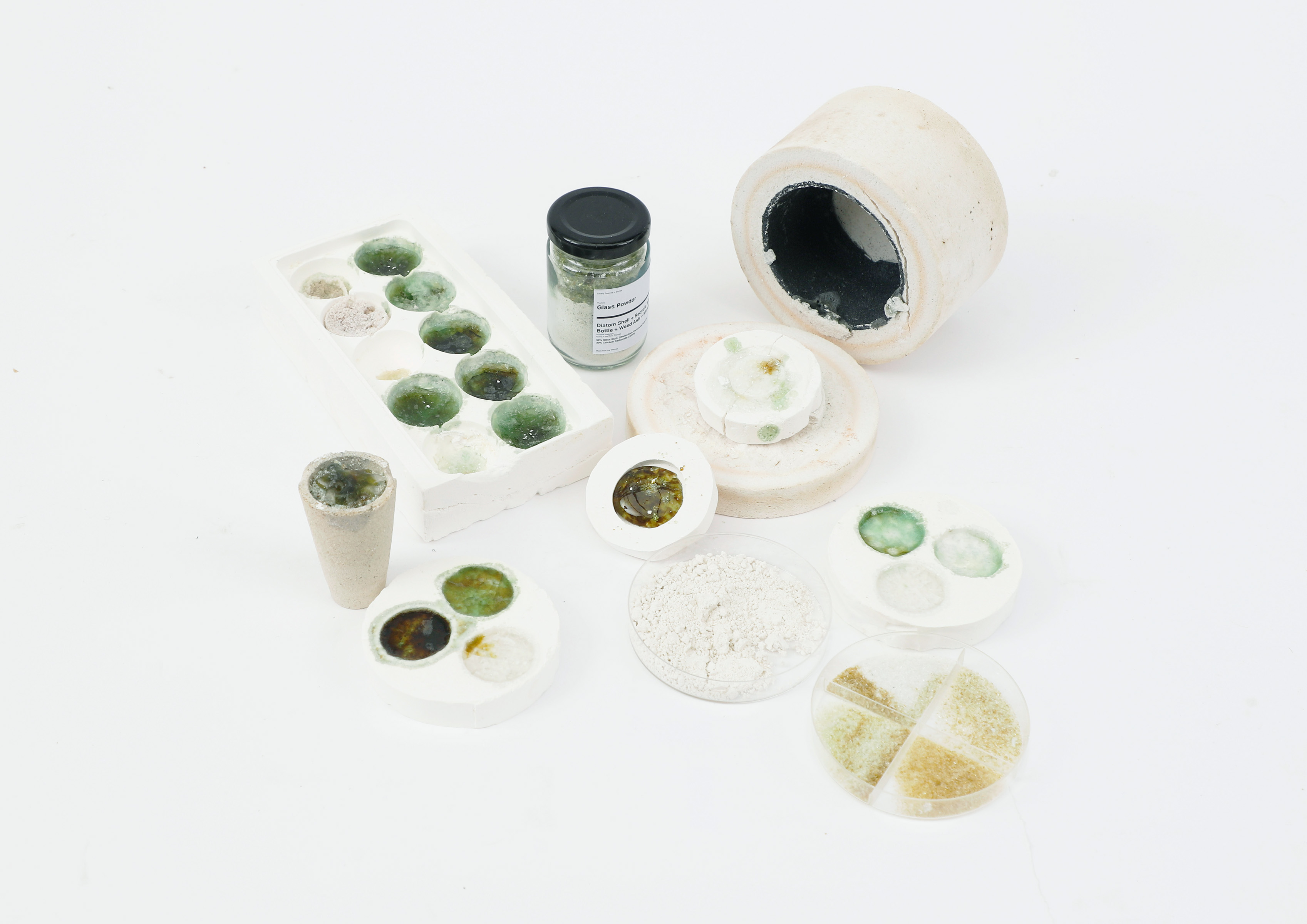 Lisa worked with scientists to create a new bio-glass ‘Diatom Glass’ using waste materials from a river.
Lisa worked with scientists to create a new bio-glass ‘Diatom Glass’ using waste materials from a river.
Lisa further applied her expertise in design and materiality by developing ‘The Grip’, enabling the disappearing craft of terrazzo handrails to live on. She explored different materials and casting methods to create a new, prefabricated handrail which is more light-weight and affordable, using foam as the core.
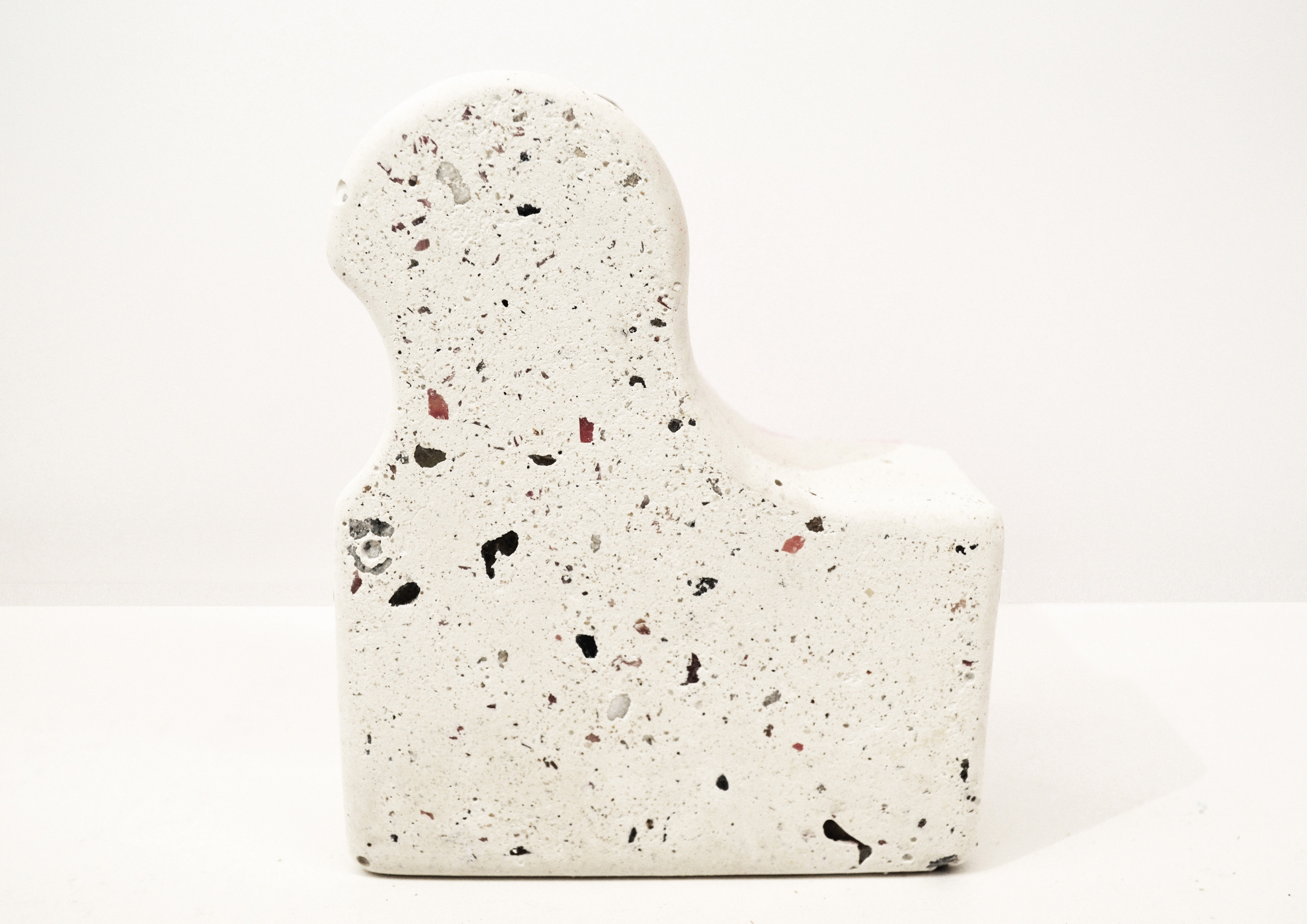 ‘The Grip’ serves as a more light-weight and cost-saving alternative to the traditional terrazzo handrail.
‘The Grip’ serves as a more light-weight and cost-saving alternative to the traditional terrazzo handrail.
To develop and push forward new alternatives for business and society, she looks forward to working with world-renowned pioneers at experimental architectural studios in the United States and Germany.
Let’s hear it again for our forward-thinking DFA HKYDTA 2022 winners as we admire their remarkable works featured in our DFA Awards Online Showcase. We sincerely hope they can make the most of their overseas journeys and continue to challenge the status quo, paving the way towards a sustainable future with good design.